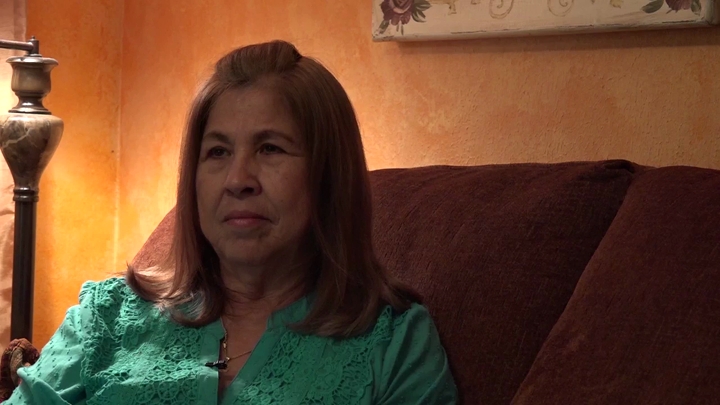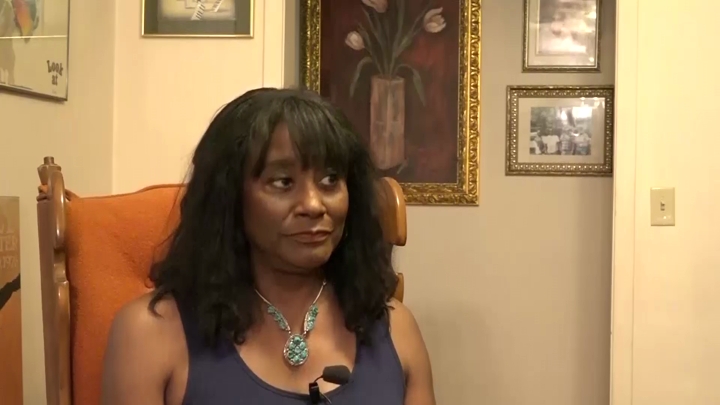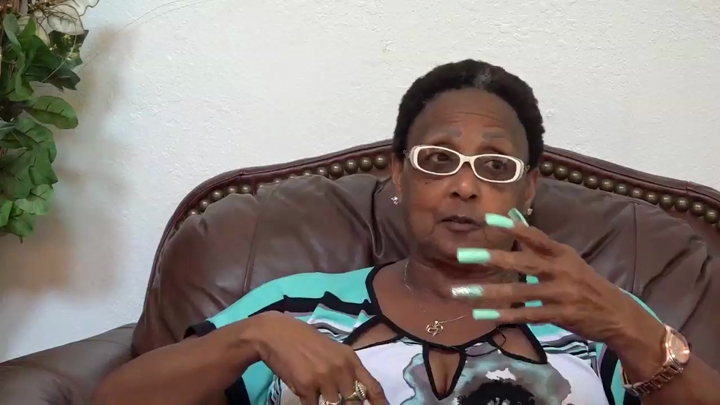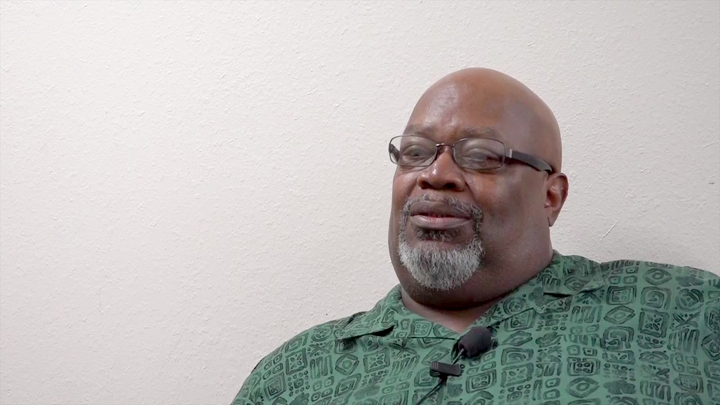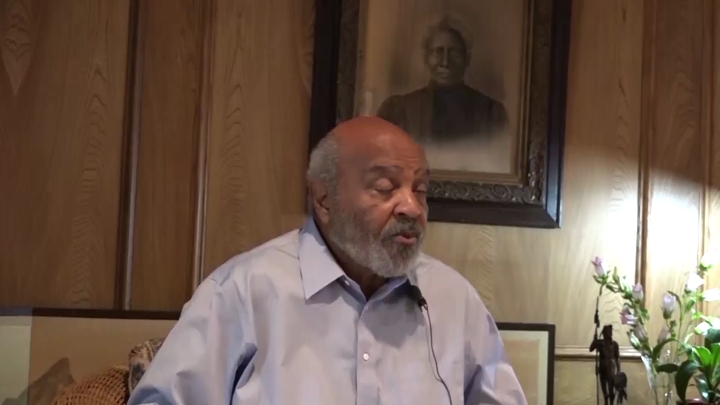Benham / Growing Up in Lufkin, Part Two
sign up or sign in to add/edit transcript
Interviewer: Can you kind of describe growing up in a more segregated neighborhood and how that was [during it?] Benham: Mmm. Interviewer: And then how the community was when you were growing up? Benham: Okay, um, when I was living with my mother and dad, Betty Louis (Lewis) and S.T. Louis (Lewis) on Cactus, um, his dad, next to our house had a grocery store. He worked for Lufkin Industries and he ran the store after work. And our community would go into the store every day. I remember like three or four years old, getting a cup, a dixie cup of ice cream. A cup of ice cream, I think vanilla ice cream, every day. So, um, when you are around people like you, you don't think about different groups or races. Interviewer: Uh huh. Benham: So it was, it was pretty good at the time. Interviewer: It was the norm. Benham: It was the norm, yeah. Interviewer: So, has, is entrepreneurship kind of like a family legacy, because you are saying that your grandfather- Benham: Yeah- had a store, yeah. Interviewer: Then you are saying that your father had a hotel, so. Benham: Um. Yeah they were pretty much business savvy, um, very creative, um, saw needs in the community, and tried to address them. So, um, that was the reason built the hotel, was to address the needs of African Americans at the time. Interviewer: Because before the hotel, Benham: Before the motel, they would stay in homes. Interviewer: Because they couldn't stay.. Benham: They couldn't stay in the white establishments. Interviewer: So what other kinds of businesses were in the black community at the time? Benham: I had a cousin who had a restaurant, Geneva's, and people would go there and buy her tea cakes and, uh, fried catfish, and hamburgers, and other foods, and plus she had a jukebox. Some young people would come over and play music. Interviewer: And, so community- was it a close knit community? Benham: It was a very close knit community. But during that time, since everything was segregated, we had black cleaners, black owned grocery stores, umm, several in the neighborhood, and had the restaurant, my cousin had the restaurant, and umm, I'm trying to remember where did we buy our main groceries? I guess we would have to come to the other side of town, across the railroad tracks, during that time, and I think we shopped at a grocery store called Safeway and the Brookshire Brothers. Interviewer: Uh huh. And so what was it like when you had to cross the railroad tracks and go to the white part of Lufkin? Benham: Well, we always got dressed and made sure that we looked nice, and that was back when people would get dressed up to go to town and go shopping. And, um, I don't remember any negative experiences, um, just basically stay to ourselves, and buy what we wanted, and then leave. Now, I do remember going to some of the black, uh, restaurants. We had to go to the back door and then not all restaurants would serve us at that time. Interviewer: So is that your first memory of discrimination and Jim Crow segregation? Benham: Uh, yes my first memory is going to the back door of a restaurant to get our food, and we didn't do that very often. And then, they had buses in Lufkin. I remember with my dad's mother, uh, going to the back of the bus. I couldn't understand why I had to go to the back of the bus to get on the bus. Interviewer: Mhmm. Benham: And she said, no we can't go there, we have to go-- then, oh plus, white and colored drinking fountains. Go to the dime store, Perry Brothers, and they had white and colored drinking fountains. And my grandmother said no, because I couldn't read at that time, she said, "No, you can't drink out of that drinking fountain, you had to drink out of this one." Interviewer: Mhmm. Benham: And I was like, why? Or then going- see it always comes back to me, should I stop? Interviewer: You can keep going. Benham: Going to the movies as we got a little older. Because at the Pice (Sp?) Theatre, which has been renovated downtown, we had to get up in the (inaudible) roosts, the part where blacks had to go, in the balcony area, and watch movies, because we could not sit downstairs until, I think, the seventies. Interviewer: Wow, wow, wow. So.. Benham: So that was a long time, the seventies, to sit downstairs in movie theatres. Yeah, it was the seventies, cause that's when I seen Gone with the Wind. Yeah, I think I was in North Texas, coming back, and we could sit downstairs. End of Video.


